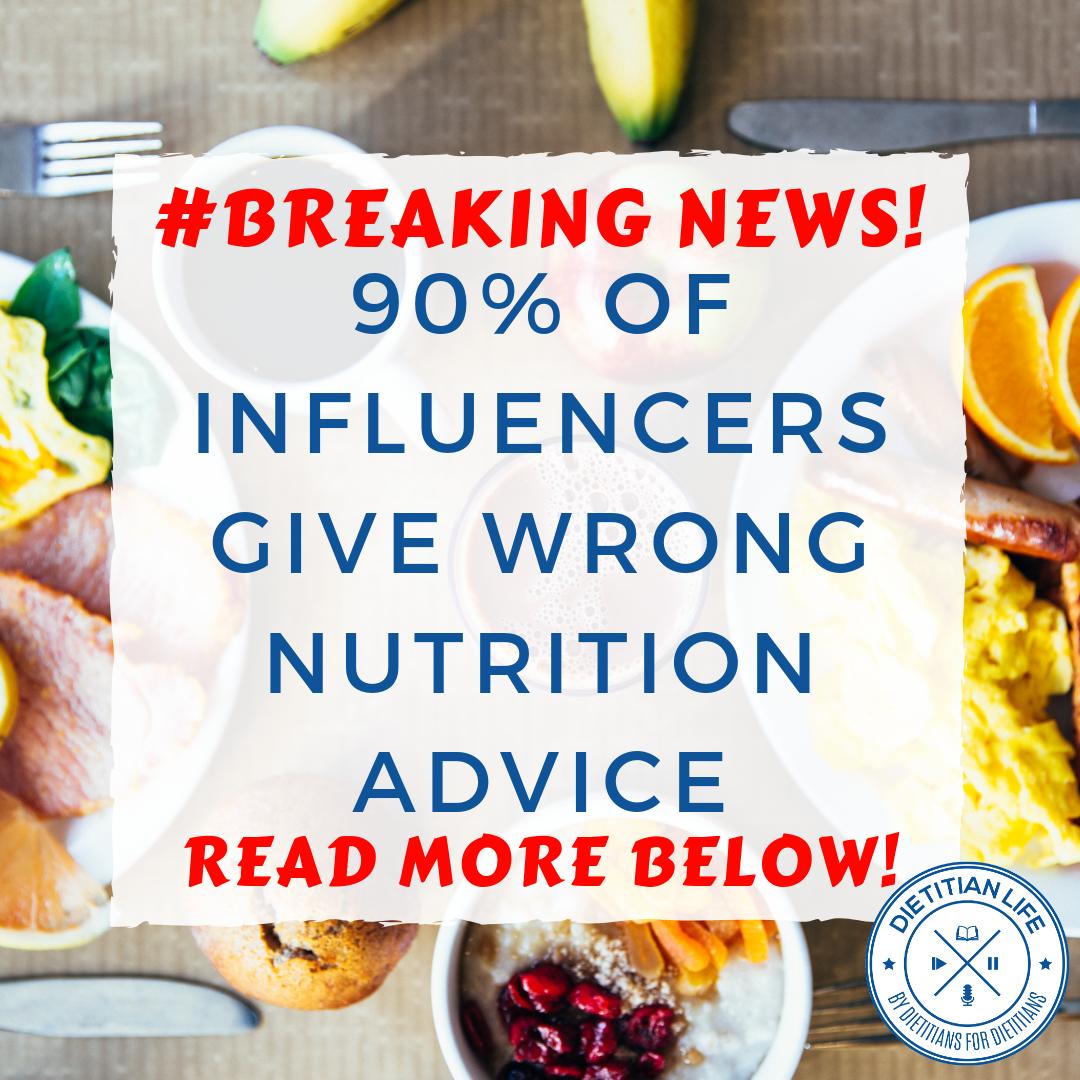
Here are five healthy living suggestions for adults. If you want to stay healthy, you should reduce your alcohol consumption, eat less processed food, exercise more and cut back on stress. To help you in your quest for a healthier lifestyle, we have listed some easy ways for you to live a healthier life. You'll have a reduced health budget and a weaker immune system if you don't use these tips.
Reduce alcohol intake
There are many good reasons to reduce alcohol intake. The most important one, however, is that alcohol increases your chance of getting cancer. Additionally to increasing the likelihood of cancer, alcohol may also cause injuries and accidents. Apart from being a health risk for others, alcohol can also cause embarrassment. Even though alcohol is safe in small amounts, moderate consumption should be avoided. Here are some healthy ways to reduce alcohol consumption for adults.
First, avoid drinking after midnight. It is possible that you will have more drinks if your drinking habits are not in check. If this is the case, it may be best to try to find a non-alcohol activity instead. Drinking too early in an evening can lead to more time drinking. Drinking too early in the evening can lead to longer sessions.
Cut down on processed foods
Reduced intake of processed foods can make a significant difference in your overall health and lifestyle. Some people may find it difficult to cut out all processed foods. However, you can do it in small steps. You can switch to fruit-infused water if soda is a favorite of yours. Whole fruits can be eaten instead of packaged. Small changes can make a big impact on your health, and overall nutrition.

You can choose to buy fresh fruits over the processed ones. Whole fruit is healthier than processed, added sugary varieties. You will feel fuller for longer periods of time and be able to avoid snacking. Also, fresh fruits and vegetables are great sources of fiber. If you have to eat meat, make sure you choose plant-based or less processed versions. Also, you should make it a priority that you get enough exercise every day.
Exercise with your whole family
It doesn't matter if you live in a big city or on an estate. You can still incorporate physical activity into your everyday life. You need to find activities that you can fit into your busy schedule, and that you both enjoy. Many family activities include running, walking, or playing games. YouTube videos of various activities can be a good source of family exercise tips. You can combine family outings with physical activity, depending on your family's age.
Start small. Don't spend too much time making elaborate plans. Just look for opportunities that allow you to spend more time with your loved ones. Parking further away from your destination is a good idea. You could also consider using stairs to reach the corner store, instead of an elevator. Try something new! It's a great way to spend quality time outdoors in the winter. Take a trip to the park with your family or play a game.
Reduce stress
High levels of stress can negatively impact your health. Talk to your doctor about ways you can reduce stress in your daily life. For temporary relief, your doctor might recommend medication or therapy. You can try to recognize the root causes of stress and give yourself more time to deal with them. A little bit of extra time can make all the difference. Here are some tips to help you reduce stress and make sure you get the most out your time.

Avoid stressful situations. Although they can temporarily relieve symptoms, drugs and alcohol do not treat the underlying cause. The long-term effects of using such drugs can be detrimental to your health. Live safely. Avoid traffic jams and the evening news. Avoid unnecessary stress by walking or biking instead of driving. Shopping online can be a good option for those who find it stressful. By avoiding stressful situations, you will be less likely to be injured.
FAQ
What are the 5 ways to improve wellbeing?
A person's well-being can be defined as their "state of mental, physical, spiritual, or social well-being". There are many factors that affect our well being, including work, family, health, relationships and finances. The first step in improving your well-being involves identifying the areas of your life that need improvement. Next, take steps to improve these aspects.
These are five ways you can improve your well-being.
-
Exercise – Physical activity increases endorphins that make us feel happier.
-
Sleep - Sleeping more than 6 hours per night decreases stress and anxiety.
-
Nutrition - Healthy eating (such as fruits, vegetables and meats) can improve your mood.
-
Meditation – Regular meditation reduces anxiety and stress.
-
Socialization - Spending quality time with friends and family makes us happy.
How can I avoid mental health issues in the future?
Preventing mental disorders is easy. These are some tips to remember:
-
Don't drink alcohol. You can have a negative effect on your mood and increase your chance of getting depressed.
-
Avoid drugs. Avoid drugs. They can alter brain chemistry, making you feel worse.
-
Get enough sleep. Sleep deprivation can make you feel anxious and depressed.
-
Exercise regularly. Exercise is good for your mood and makes you feel happier.
-
Healthy foods are the best. Eating junk food can make you feel sluggish and unhappy.
-
Spend time with your loved ones. Spending time with people you love can make you feel happier.
-
Have fun! Enjoy life and try new things.
-
Retire from social media. Social media sites can make people feel lonely and isolated.
-
Be kind to your self. Treat yourself nicely, even if you aren't feeling great.
-
Ask for help. If you're struggling to cope, ask for help. Talking to a family member or friend can be helpful.
-
Remember to be kind and gentle with yourself. The act of crying helps relieve stress and tension. It doesn't necessarily signify that something bad has happened.
-
Be busy. Do something you enjoy.
-
Make sure you have good hygiene. You can feel unattractive and unkempt if you don't maintain good hygiene.
-
Keep connected. Connecting with others will help you stay positive.
-
Learn how you can relax. Meditation and yoga can be helpful in reducing stress.
-
Find meaning in what you do. Finding purpose in your job and hobbies can bring you satisfaction.
-
Keep your eyes on the present moment. If you can focus on the moment, you will not worry as much about the future.
-
Set goals. You can set goals to motivate yourself to reach them.
-
Do something nice for yourself. Your self-esteem can be raised by doing something kind for yourself.
-
Practice gratitude. Gratitude can help to appreciate all the blessings in your life.
-
Volunteer. Volunteering can be a fun way to make a difference and spend your time.
-
Give back. Giving back to others can make you feel fulfilled.
-
Be alert for warning signs. Don't be afraid to ask for help if your behavior changes.
Why is it essential to improve emotional health?
Emotional health is essential for happiness and well-being. You won't be able perform at your best if you aren't emotionally healthy. People who suffer from depression often find themselves unable to work effectively. These people may also suffer from anxiety, panic attacks as well as insomnia. The good news about these conditions is that they can be successfully treated using medication and therapy.
Is it possible for me to be depressed?
Depression is a common problem among teens. Yet, depression is common among teenagers.
This does not mean you are weak or crazy. Most people who are depressed aren't aware of it. Depression is a medical condition.
There are different kinds of depression. Some people only experience sadness while others experience other emotions too. There are different levels of severity.
There are mild cases and severe cases of depression. It's important for people to realize that depression does not necessarily mean bad things. Sometimes, it helps us cope with stressful events.
However, you should see a doctor if you notice that you're constantly sad, tired, or unmotivated. Your doctor can diagnose you and determine whether you need treatment.
How can you tell if you are suffering from a mental illness or not?
An individual may be diagnosed if they experience symptoms that disrupt their daily activities. There are many symptoms of mental illness. However, the most common symptoms include: feeling sad, anxious, angry, guilty, hopeless, lonely, depressed, confused, worthless, guilty, suicidal, etc.
If a person meets at least three of the four criteria below, they may be diagnosed with a mental disorder.
-
Are you having trouble with your thoughts or emotions?
-
Be disturbed
-
Disturbance in functioning
-
Reduced ability to relate to others
What do psychologists say about mental health?
Psychologists believe that mental well-being is an integral part of human development. Psychologists also believe mental health is about more than having no mental illnesses. It's also about being mentally fit.
Mental health is a topic that psychologists have differing opinions on. Some psychologists think that mental health is not necessary because there are so many people who have no mental illnesses. Others believe that mental health and functioning properly are essential.
What is the impact of mental health on our daily lives?
At some point in our lives, everyone is susceptible to mental illness. Mental illness is not something that people who are suffering from it don't seek treatment. Talk to someone when you feel that something isn't right. There are many options for dealing with anxiety, depression, stress, such as medication, therapy, exercise, diet and meditation.
Statistics
- More than 50% will be diagnosed with a mental illness or disorder at some point in their lifetime.3 (cdc.gov)
- In any given year, an estimated 18.1% (43.6 million) of U.S. adults ages 18 years or older suffered from any mental illness, and 4.2% (9.8 million) (healthypeople.gov)
- Similarly, for positive mental health, there is likely to be substantial agreement about some typical components (e.g., resilience to stress) 6, and controversy about more atypical components (e.g., career consolidation). (ncbi.nlm.nih.gov)
- It means no drinking any alcoholic beverages and no taking any drugs that aren't 100% natural.
- Appropriate nutrition and exercise are likely among the most efficacious and cost-effective positive mental health interventions. (ncbi.nlm.nih.gov)
External Links
How To
Why Is Mental Health Essential, And What Steps Can You Make To Improve It
Mental health refers both to your mind and your emotional well-being. It affects how you feel, think, act, relate to others, sleep, eat, work, learn, play, and enjoy life.
Everyone needs to know about mental health. Mental health is often associated with depression. Depression is a serious illness that strikes millions of Americans each and every year.
The term clinical depression is used to describe depression. It requires treatment by a physician. There are many kinds of depression.
Depression is defined by the National Institute of Mental Health as "a common disorder characterised by a depressed state that lasts for most of the day," loss of interest or pleasure in almost every activity, guilt or low selfworth, disturbed sleep and appetite, poor concentration, and thoughts of suicide.
People experience depression in various ways. Others may feel helpless, sad, hopeless and unmotivated. Others may feel empty, restless or agitated. Others might feel nothing.
Depression is treatable. Depression can be treated with medication, psychotherapy, exercise and diet modifications. Depression, if left untreated can cause issues at home, school, work and relationships.
Depression is more common in females than in men. However, both men and women can be affected. Depression is the leading cause worldwide of disability among men and woman aged 15 to 44.